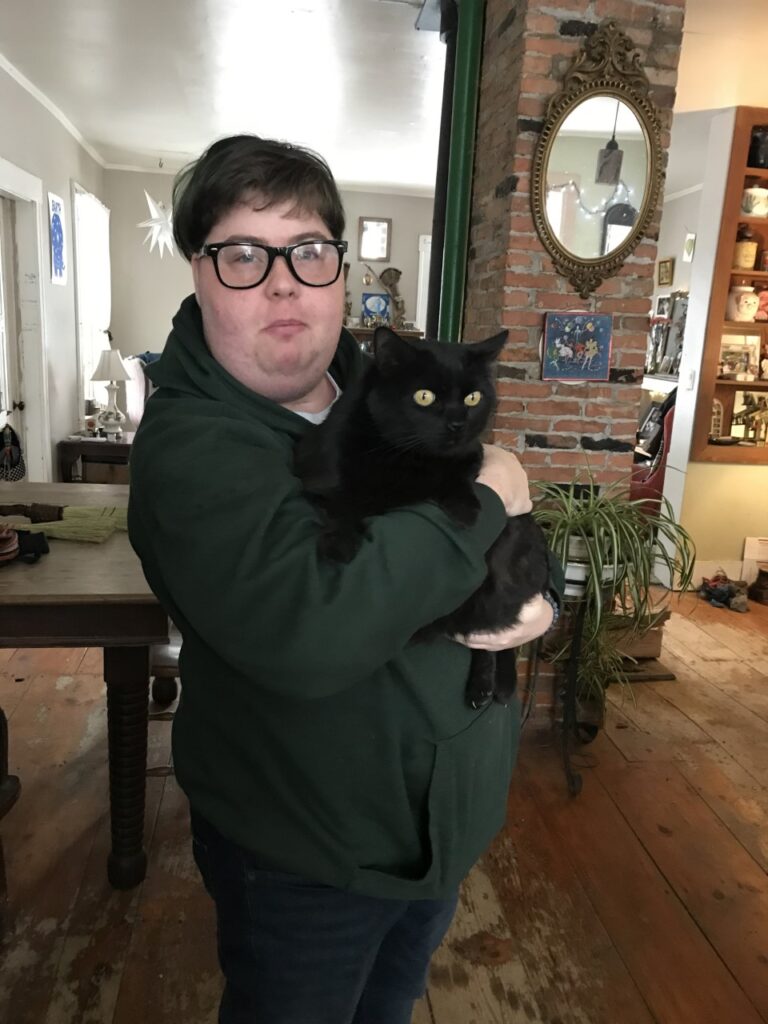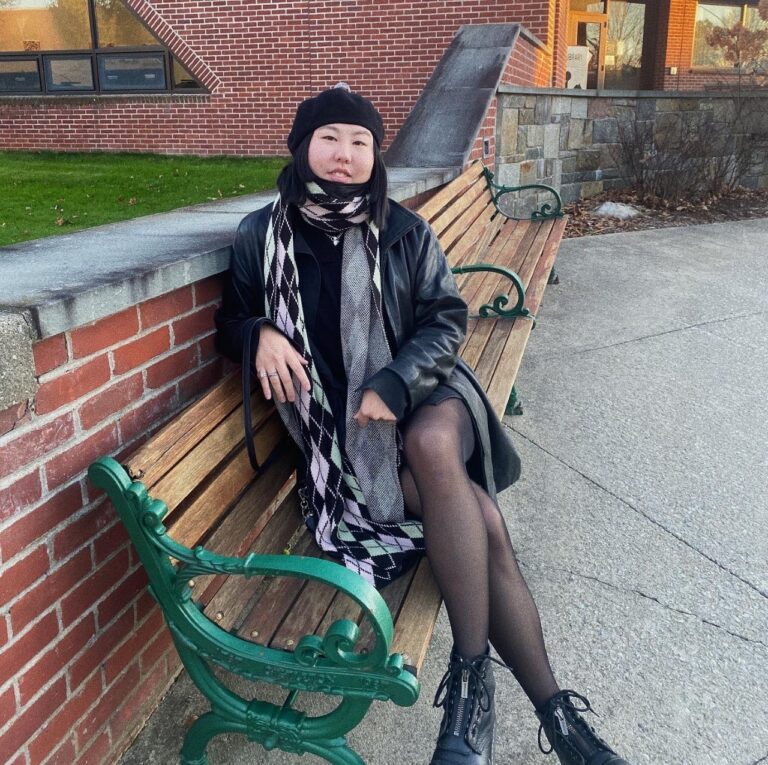Castleton weighs in on climate change

Life in the 21st century brings with it so many advantages. People, products, information, entertainment, all at the click of a button or tap of a screen. Things that were a hassle a hundred plus years ago, like traveling or using heat and electricity, are now widely accessible. However, even with such advancements in lifestyle and technology, there is one thing money alone can’t buy us, and that is our Earth.
Just like in the new Netflix original Don’t Look Up, a fictional movie about an impending comet impact, the climate change crisis will eventually place us in the same state of urgency and terror as a comet crashing down on us if not addressed. Without spoiling the ending, it’s safe to say that the film simultaneously parodied and raised awareness of our negative impact on the environment and its eventual consequences.
Although climate change and global warming are terms often thrown around, what do they mean and why are they important?
Professor of geography and Environmental Studies Coordinator, Scott Roper, defines these terms as “alterations to the planet’s climate system as a result of human activity.” Mostly, these ‘human activities’ refer to those that leave a significant carbon footprint, including electricity and oil usage, waste production, deforestation, and disruption of natural habitats.
“We live on the planet, and any changes on the climate will impact us culturally, on our food supply, and on our overall health,” Roper said.
So how can we make a difference? Roper stressed the importance of “making people aware and being aware of it yourself,” and making practical lifestyle changes. He advised people to pay attention to the products they buy and the standards of those companies, reduce reliance on petroleum products—including plastics—and even switch over to hybrid or electric vehicles if possible.
Contributing to environmental activist organizations such as 360.org, whether that be through the donation of time, money, or galvanizing support via social media, are great ways to get involved on a broader scale.
There are also many opportunities on campus to make an impact.
Castleton University staff members and co-leaders of the Green Campus Working Group, Charlotte Gerstein and Mary Droege discussed the objectives of the committee and its newly formed sub-group, Spartan Climate Action.
They are eager for new members of these committees and wish to spread the word for their DIY Green Valentine’s Craft Workshop on Feb. 8, 4pm to 6pm in the Campus Center. This event will provide free materials for environmentally friendly crafts, with the mission of addressing ramped consumption, especially during holidays.
“The mission is to raise environmental awareness and get people involved,” Gerstein said.
She also noted that the Green Campus Working Group is open to all members of the campus community. Energy reduction, Earth Week events, and crafts that utilize up-cycled materials are a few examples of activities they coordinate and promote.
Gerstein argued that a significant reason people may not take action is because of the intimidating nature of the task. Early on in her environmental involvement, she even felt the pressure of perfectionism and struggled with doubts that if she wasn’t doing ‘enough,’ she wasn’t qualified to speak her passion.
“For a while I always felt that I wasn’t doing enough myself. So, if I was still driving a car [and] running gas, I couldn’t speak out on any of this, but I had to get over that,” she shared.
Eventually, she realized that “not everybody can do everything that’s possible,” and that is okay.
Droege backed this statement, adding that some of the best ways to be more sustainable are practical and inexpensive.
“There’s a lot of things we can do. Buying fewer things, using less water and energy, producing less waste, supporting more local food sources and environmentally friendly companies, and learning how to cook, a lot of which cost you less money,” Droege said.
She also emphasized the danger of today’s profound over-consumption.
“It’s a myth that we can just switch to green energy and keep everything else the same,” Droege said. “We are way over-consuming everything. We have to get used to a simpler lifestyle, and nobody wants to talk about that.”
Lastly, both Droege and Gerstein agreed that a significant piece of the puzzle of climate change is social. People, especially college students, are understandably concerned about their own lives, and sustainability isn’t at the front of most peoples’ minds.
“If [the campus] had one or two students that really stepped up in leadership role that said, ‘hey you guys, we need to work on this,’ others would follow,” Droege declared.








